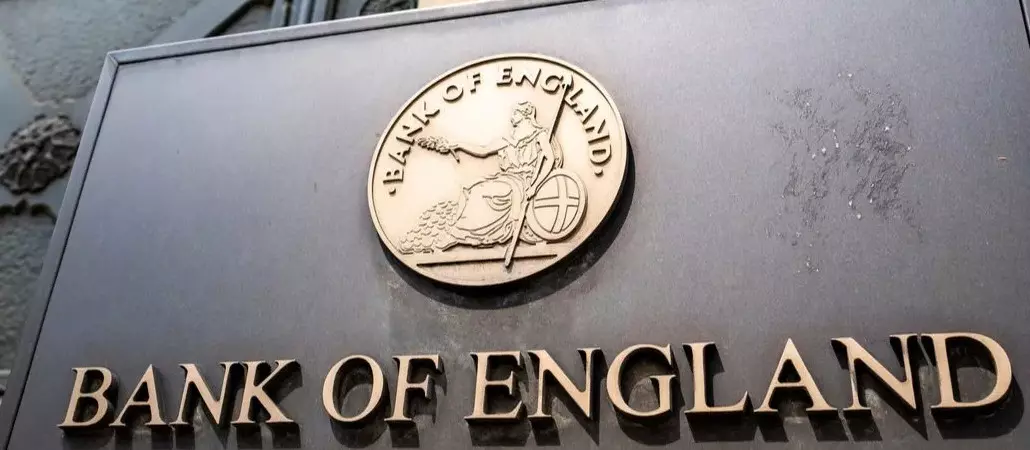Bank of England cuts key UK interest rate to 4.50% as economy stagnates
The Bank of England has cut its main interest rate for the third time in six months amid weak growth. Its Monetary Policy Committee lowered the rate by 0.25 percentage point to 4.50%, the lowest since mid-2023. Seven members backed the cut, while two preferred a drop to 4.25%
image for illustrative purpose

London: The Bank of England has cut its main interest rate for the third time in six months with the British economy struggling to post any meaningful growth. In a statement Thursday, the bank said the nine-member Monetary Policy Committee lowered its main interest rate by a quarter of a percentage point to 4.50 per cent, taking it to its lowest level since mid-2023.
Seven of the members backed the cut, while the other two voted for an even bigger reduction of half a percentage point to 4.25 per cent. The base rate helps dictate how expensive it is for individuals to take out a mortgage or a loan, while also influencing the returns offered by banks on savings. The latest cut reflects some concern about the outlook for the British economy, which has barely grown over the past six months.
In forecasts accompanying the decision, the bank halved its growth projection for the British economy to 0.75 per cent. “It will be welcome news to many that we have been able to cut interest rates again today," said Bank Gov Andrew Bailey. "We'll be monitoring the UK economy and global developments very closely and taking a gradual and careful approach to reducing rates further. Low and stable inflation is the foundation of a healthy economy and it's the Bank of England's job to ensure that.” The rate-setting panel is tasked with ensuring that inflation, as measured by the consumer prices index, hits a 2 per cent target over the coming couple years or so.
Though inflation is standing at 2.5 per cent and expected to rise in coming months, partly as a result of business tax increases from the new Labour government, most economists think it will then trend lower towards the target, hence the panel's ability to cut.
Official figures earlier this month showed a surprise decline in the inflation rate to 2.5 per cent in the year to December, largely as a result of easing price pressures in the services sector, which accounts for around 80 per cent of the UK economy. Another potential reason to cut borrowing rates is that economic growth in the UK has stagnated, which will likely put downward pressure on inflation. Inflation is way down from levels seen a couple of years ago, partly because central banks have dramatically increased borrowing costs from near zero during the coronavirus pandemic.
Prices then began to shoot up, first as a result of supply chain issues and later because of Russia's full-scale invasion of Ukraine, which pushed energy costs higher. As inflation rates have declined from multi-decade highs, central banks, including the US Federal Reserve have started cutting interest rates, though few, if any, economists think that rates will fall back to the super-low levels that persisted in the years after the global financial crisis of 2008-2009 and during the pandemic.

